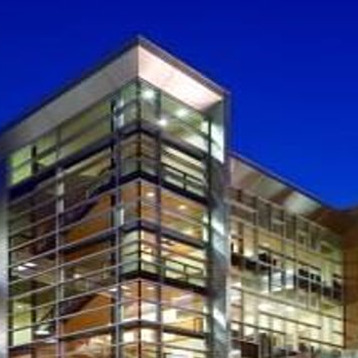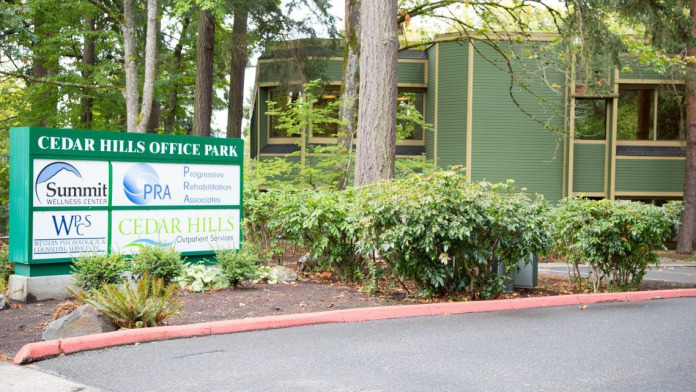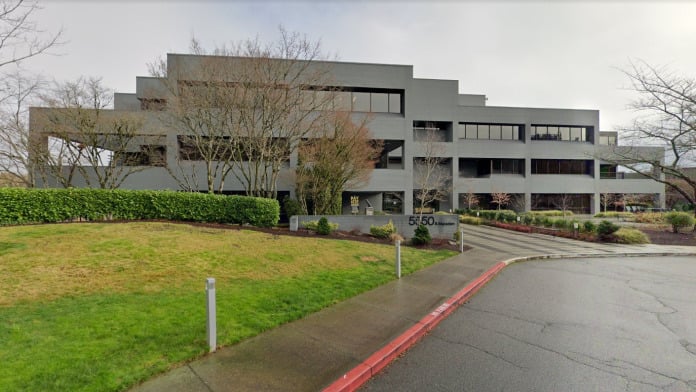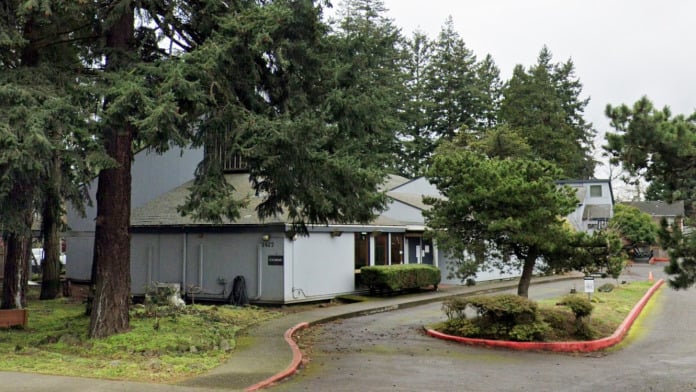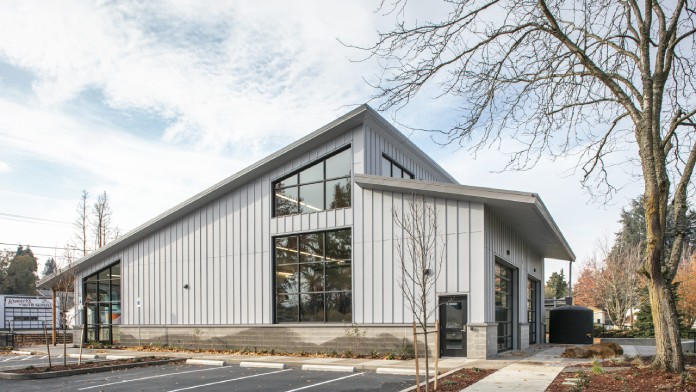I was NOT "treated" for any of these things. In the 1970s I was sent to AKC as an "insubordinate teenager." At that time Albertina Kerr's staff had a POLICY of using SEXUAL ABUSE to keep the residents "under control". This included constant, never-ending "pelvic exam ...
About Albertina Kerr Centers – Gresham Campus
Albertina Kerr Centers – Gresham Campus in Portland, Oregon, is a nonprofit organization that has been providing residential care and support to children and adolescents for more than 100 years. They now also support adults with residential, day treatment, education and housing programs. They have services for those struggling with physical, developmental, behavioral and mental health issues.
Insurance is accepted, including state and federal plans.
Physical and Mental Health Support
While much of the organization’s focus is on developmental disabilities and neurodevelopmental challenges, they also have residential, day and outpatient programs for youth and adults who are not functioning successfully in daily activities and responsibilities on their own.
They offer support and treatment to help clients navigate the world and their unique position in it. Each individual is given the resources to reach their personal goals, whether that may be to start living a sober life, be free from addiction or manage the mental illnesses and behavioral challenges that brought them to Albertina Kerr.
Top-Ranking Historic Neighborhood
Their Portland facility is located in the historic Eastside Kerns neighborhood which was established in the 1850s. There are architectural and culturally interesting buildings and lots of local restaurants. There are parks and green areas close by as well. This neighborhood was ranked no. 5 on a list of the world’s coolest neighborhoods by Time Out Magazine.
Trauma-Informed, Evidence-Based Care
From psychiatric crisis care to long-term residential care, they offer support for children, adolescents and adults of all ages. They care for individuals by focusing on their abilities and positive goals while helping work on the negative or destructive coping mechanisms the person is dealing with. Trauma-informed care is always available through in-person or virtual appointments.
They also help with education and employment opportunities for those who struggle to maintain or obtain a job. They will help train or offer employment opportunities to individuals to give them independence, skills and experience, and their own income. These things add to confidence and will help in the therapeutic process and in quality of life.
Rehab Score
Location
Accepted Insurance
Other Forms of Payment
Medicaid is a state based program that helps lower-income individuals and families pay for healthcare. Medicaid covers addiction treatment so those enrolled can use their coverage to pay for rehab. When a program accepts Medicaid the client often pays very little or nothing out of their own pocket.
Private insurance refers to any kind of healthcare coverage that isn't from the state or federal government. This includes individual and family plans offered by an employer or purchased from the Insurance Marketplace. Every plan will have different requirements and out of pocket costs so be sure to get the full details before you start treatment.
Self-pay involves paying for treatment out of your own pocket. You can use savings or credit, get a personal loan, or receive help from family and friends to fund your treatment. If you don't have insurance or your insurance plan doesn't cover a specific program, self-pay can help ensure you still get the care you need.
Addiction Treatments
Levels of Care
Residential treatment programs are those that offer housing and meals in addition to substance abuse treatment. Rehab facilities that offer residential treatment allow patients to focus solely on recovery, in an environment totally separate from their lives. Some rehab centers specialize in short-term residential treatment (a few days to a week or two), while others solely provide treatment on a long-term basis (several weeks to months). Some offer both, and tailor treatment to the patient's individual requirements.
Treatments
Mental health rehabs focus on helping individuals recover from mental illnesses like bipolar disorder, clinical depression, anxiety disorders, schizophrenia, and more. Mental health professionals at these facilities are trained to understand and treat mental health issues, both in individual and group settings.
Clinical Services
Cognitive Behavioral Therapy (CBT) is a therapy modality that focuses on the relationship between one's thoughts, feelings, and behaviors. It is used to establish and allow for healthy responses to thoughts and feelings (instead of unhealthy responses, like using drugs or alcohol). CBT has been proven effective for recovering addicts of all kinds, and is used to strengthen a patient's own self-awareness and ability to self-regulate. CBT allows individuals to monitor their own emotional state, become more adept at communicating with others, and manage stress without needing to engage in substance abuse.
Whether a marriage or other committed relationship, an intimate partnership is one of the most important aspects of a person's life. Drug and alcohol addiction affects both members of a couple in deep and meaningful ways, as does rehab and recovery. Couples therapy and other couples-focused treatment programs are significant parts of exploring triggers of addiction, as well as learning how to build healthy patterns to support ongoing sobriety.
Dialectical Behavior Therapy (DBT) is a modified form of Cognitive Behavioral Therapy (CBT), a treatment designed to help people understand and ultimately affect the relationship between their thoughts, feelings, and behaviors. DBT is often used for individuals who struggle with self-harm behaviors, such as self-mutilation (cutting) and suicidal thoughts, urges, or attempts. It has been proven clinically effective for those who struggle with out-of-control emotions and mental health illnesses like Borderline Personality Disorder.
Experiential therapy is a form of therapy in which clients are encouraged to surface and work through subconscious issues by engaging in real-time experiences. Experiential therapy departs from traditional talk therapy by involving the body, and having clients engage in activities, movements, and physical and emotional expression. This can involve role-play or using props (which can include other people). Experiential therapy can help people process trauma, memories, and emotion quickly, deeply, and in a lasting fashion, leading to substantial and impactful healing.
Research clearly demonstrates that recovery is far more successful and sustainable when loved ones like family members participate in rehab and substance abuse treatment. Genetic factors may be at play when it comes to drug and alcohol addiction, as well as mental health issues. Family dynamics often play a critical role in addiction triggers, and if properly educated, family members can be a strong source of support when it comes to rehabilitation.
Group therapy is any therapeutic work that happens in a group (not one-on-one). There are a number of different group therapy modalities, including support groups, experiential therapy, psycho-education, and more. Group therapy involves treatment as well as processing interaction between group members.
In individual therapy, a patient meets one-on-one with a trained psychologist or counselor. Therapy is a pivotal part of effective substance abuse treatment, as it often covers root causes of addiction, including challenges faced by the patient in their social, family, and work/school life.
Trauma therapy addresses traumatic incidents from a client's past that are likely affecting their present-day experience. Trauma is often one of the primary triggers and potential causes of addiction, and can stem from child sexual abuse, domestic violence, having a parent with a mental illness, losing one or both parents at a young age, teenage or adult sexual assault, or any number of other factors. The purpose of trauma therapy is to allow a patient to process trauma and move through and past it, with the help of trained and compassionate mental health professionals.
Staff
Allison Stark
CEO
Cari Bacon Flick
Chief Human Resources Officer
Owen Gibson, MA, CHC
Chief Quality Assurance Officer
Kevin McAdams, CMA, MBA
CFO
Derrick Perry, MS
Chief Program Officer
Nadja Sailesman
Chief Program Officer
Scott Shlaes, MS
Chief Development Officer
Contact Information
9830 Ne Cascades Parkway
Suite 200
Portland, OR 97220




